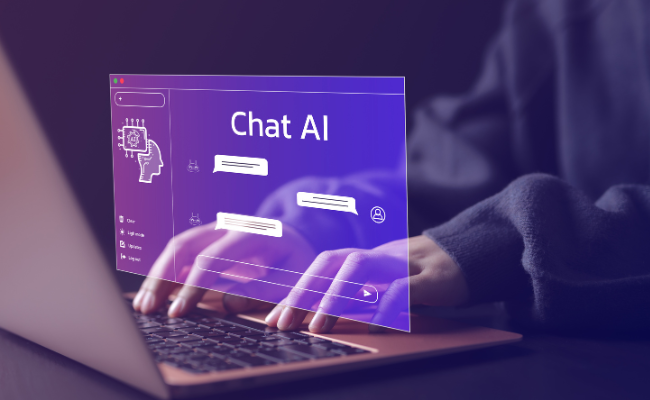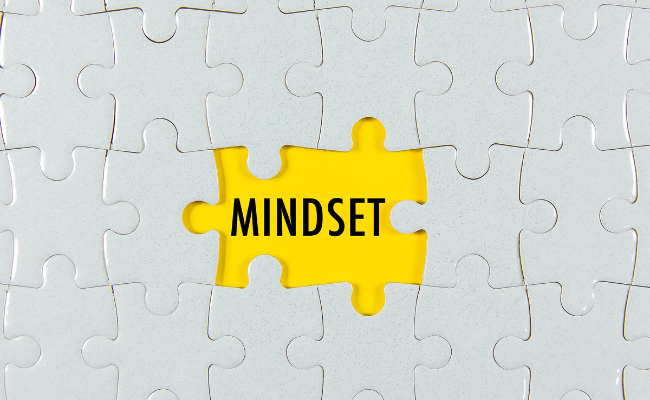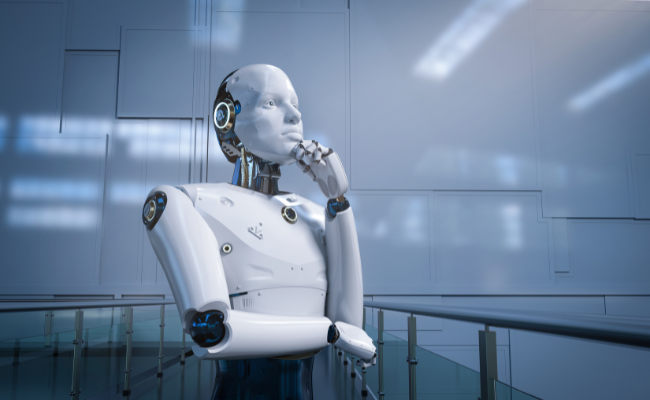AI Disruption: Do You Have the Right Mindset?
I recently spoke about the unavoidable AI revolution and how we all have a choice in our response to this unwavering change—there are real risks attached to AI, making it even more critical to shepherd ourselves into a balanced and measured response.
I discuss:
- AI revolution vs. AI disruption
- The importance of the right mindset
- The AI Dilemma and its potential risks
AI revolution vs. AI disruption

Reflecting on my previous post around this topic, I’ve found a word I believe suits the situation better: A disruption rather than a revolution.
When we think about revolutions that changed the way we live—agricultural, industrial, and so on—each of them took time, some a lot of time, whereas the word disruption speaks to a quicker-paced change, an acceleration.
And that hones in on a core aspect of AI—accelerated change.
When we speak about disruption in the business world, we think of how Amazon disrupted retail commerce and how Uber disrupted the way people think about transportation. These technologies changed the way people lived and continue to do so.
AI is similar in the sense that people are integrating it into their daily lives, and it’s changing how we view creativity, creation, research, operations, automation, and more.
From workflows to personal project management to business conceptions, AI is a powerful disruptor as much as it is on the track to be a revolution.
The importance of the right mindset

Even though human biology doesn’t change as quickly as our environments, culturally, the systems that surround us and things like artificial intelligence can change the way that we interact with the world in a very quick and uncertain way.
This fact can trigger—in most of us—fears and a mindset that leads us to a reactive mode rather than the proactive mode that allows us to make changes.
As I stated in my previous post, we can’t control the fact that this disruption is happening, we can’t change that we were born at this time in history. We only have control over our responses and mindset.
Part of balancing our response has to do a lot with facing our blind spots and fears about the subject. It's important to create moments where we can pause, reflect, and increase our self-awareness around our thoughts, feelings, and behaviors around artificial intelligence.
The AI Dilemma and its potential risks

I recently watched a video from the organization that brought us The Social Dilemma—The Center for Humane Technology, Tristan Harris and Aza Raskin—this time tackling The AI Dilemma.
A notable percentage they shared speaks to the reality of how our lives could change in the wake of AI: “50% of AI researchers believe that there is a 10% or greater chance that humans go extinct from our inability to control AI.”
That is a harrowing percentage to ponder when considering the context. The people who live and breathe AI making such a statement is a heavy fact. But we can mitigate these risks by taking action today by educating ourselves about AI, no matter if we feel we’re “not techy” or are disconnected from that world.
The more we learn about how to safely and ethically use AI, the less likely we'll lose control and blur boundaries.
AI may not replace every job—but it almost most certainly will replace the job of those who refuse to leverage AI in their work. They will fall behind.
When we work on our mindsets and educate ourselves, we gain more power to respond and build a better future together.
How have you integrated AI into your life, if at all? Do you believe we could one day go extinct due to AI?
Be sure to check out my full episode for further insight!








